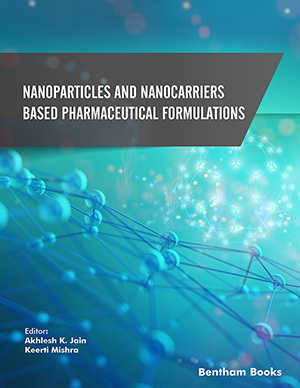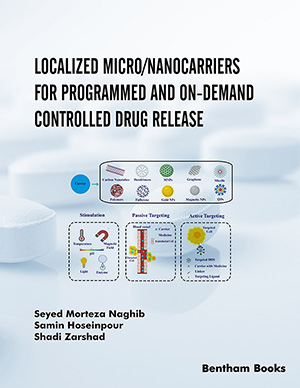
Abstract
Thiopurines (azathioprine, 6-mercaptopurine and 6-thioguanine), are drugs useful in the treatment of leukemia, autoimmune diseases, as well as in organ transplantation. After many years of use is still not well understood their mode of action. Recently, several groups have found that thiopurines can activate autophagy by different mechanisms. Autophagy is a process of auto-digestion. After an infection, radiation, injury, oxidative stress, or after drug treatment, the cellular organelles may be damaged. In those cases the damaged structures are recognized by the cell, isolated in a double-membrane vacuole and finally degraded in autolysosomes. The digestion gives rise to biosynthetic precursors needed to regenerate partially destroyed structures, so as to produce the energy essential in the anabolic process. During fasting, the protein aggregates, lipid droplets and glycogen deposits are degraded by this pathway for releasing nutrients to the blood. Therefore this process is of vital importance in the maintaining of cellular functions and in the systemic homeostasis of whole organism. The therapy with thiopurines leads to adverse effects such as myelosuppression and hepatotoxicity whose mechanism is not well understood today. Autophagy is also involved in liver degeneration induced by drugs, alcohol or viruses. Therefore, seems to be very attractive know whether the autophagy induced by thiopurines is the cause of the hepatotoxicity associated with these drugs, or rather, autophagy is a compensatory response that protects the liver against the deleterious effects of the thiopurines. Our results and previous data suggest that autophagy is beneficial for the liver because protects it against the deleterious effects of thiopurines.
Keywords: Atg, autophagosome, azathioprine, hepatotoxicity, lysosome, mTOR, 6-thioguanine
 23
23


















